Eindhoven-based Gilbert Technologies, a company that develops medical devices for inhalation therapeutic applications, announced on Wednesday the completion of its €7M Seed and Series A funding round.
The round was led by Dutch deeptech investor DeepTechXL and joined by existing shareholders NanoCorp and Delft Enterprises. Brabant Startup Fonds also became a stakeholder by converting its startup loan to the company.
Equity capital of €4M is provided by the Netherlands Enterprise Agency with an innovation credit of €3M.
Ron Maurer, Partner of DeeptechXL, says, “We are excited to lead this investment rounds and to invest in the further development of the EHDA technology. We do this with support from our Dutch and international network partners.”
“With this investment, Gilbert can accelerate the development of its intelligent precision inhaler and thus create significant societal impact by improving the quality of life to the growing global number of lung patients.”
About Gilbert Technologies
Gilbert Technologies is a spin-off company from the Delft University of Technology. It develops medical devices to enhance patient care and healthcare and provide a better quality of life through innovative and sustainable health technologies.
The company aims to use its EHDA-technology to create medical inhalation devices with distinct regional lung deposition characteristics for the administration of pulmonary medications for conditions like cystic fibrosis (CF), severe asthma, lung cancer, pulmonary arterial hypertension, and other disease areas.
“It’s our mission to make medical treatment easier and more effective for lung patients to save lives and help them live the life they want while reducing the burden of care on the healthcare systems,” says the company
Antibiotic therapy for cystic fibrosis (CF) patients
CF is a chronic illness and a life-threatening genetic disease that affects multiple organs, including the lungs, pancreas and gastrointestinal tract. Gilbert Technologies’ drug-device roadmap places antibiotic therapy for CF patients as its top priority.
The standard of therapy for this dangerous condition has a heavy burden of treatment that might be lessened by combining the company’s inhaler technology with an antibiotic drug.
Worldwide, 162,428 people are estimated to be living with CF. Of these, an estimated 65 per cent are diagnosed.
Prof. Dr P.N.R. (Richard) Dekhuijzen, Emeritus Professor of Pulmonology, Radboud University Medical Center Nijmegen, says, “Inhaled drug delivery is the cornerstone in the management of patients across a spectrum of respiratory diseases. Today’s inhalers are the result of decades of research, design and innovative engineering and have improved the quality of life of hundreds of millions of people worldwide over this time.”
“Considerable challenges still remain to be overcome to continually innovate and improve targeted drug delivery to the lungs.”
“Gilbert’s electrospray technology has the potential to offer unique benefits to patients for aerosolised medication targeting of more complex and advanced molecular entities for respiratory diseases and for pulmonary administration of molecules for other disease areas.”
Gilbert Technologies is working with partners in the biopharmaceutical industry to develop a smart precision inhaler solution with the initial goal of enhancing anti-infective, biological, and oncological therapies.
Capital utilisation
Gilbert Technologies says it will use the funds to develop the company’s adaptable electrospray drug delivery platform.
The platform makes use of its electro hydrodynamic atomisation (EHDA) technology into a smart handheld medical inhaler device that has the potential to enhance the effectiveness of therapies for lung patients and lessen the burden on healthcare systems.
Maurits Huigen, CEO of Gilbert, says, “This financing round validates our vision to make medical treatment easier and more effective, to save lives and help patients live the life they want while reducing the burden on healthcare systems.”
“We are looking forward to the next wave of growth that lies ahead from becoming a clinical-stage – towards the commercial-stage company by getting to key inflection points on the development of our investigational device and partnerships with pharmaceutical companies for our first drug-device combination,” adds Huigen.




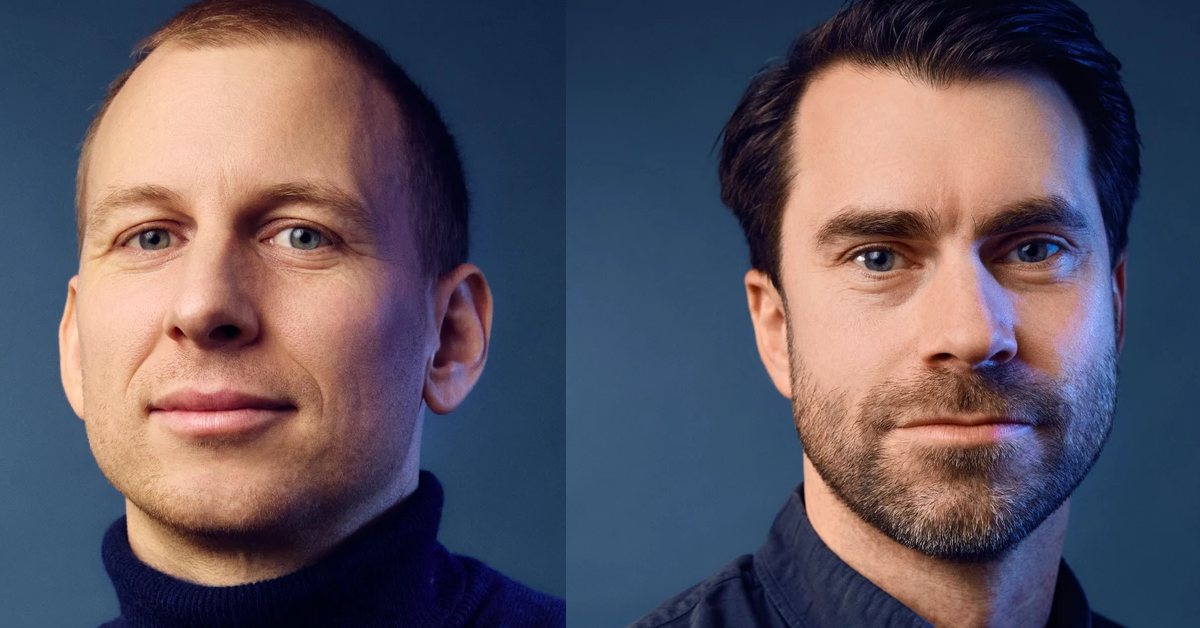
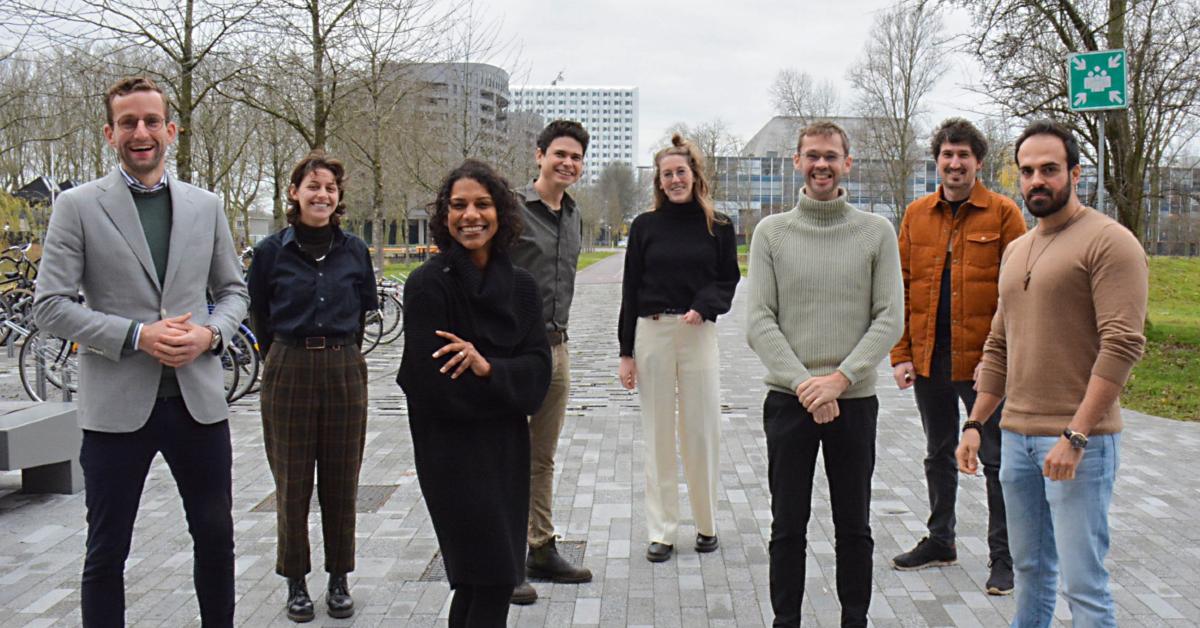
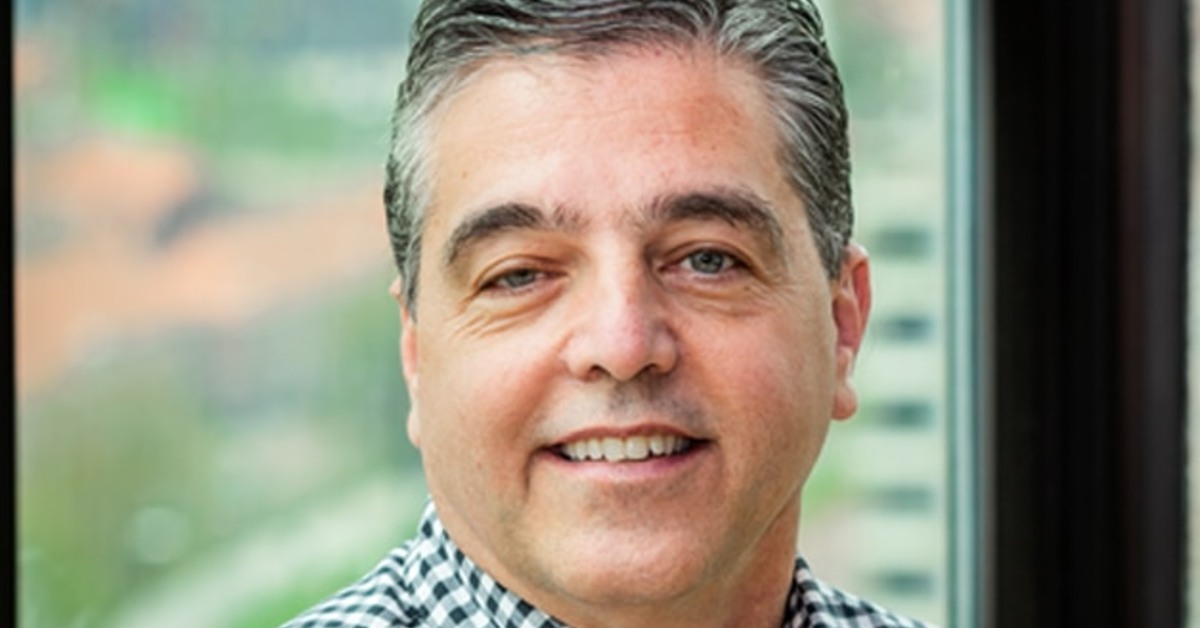
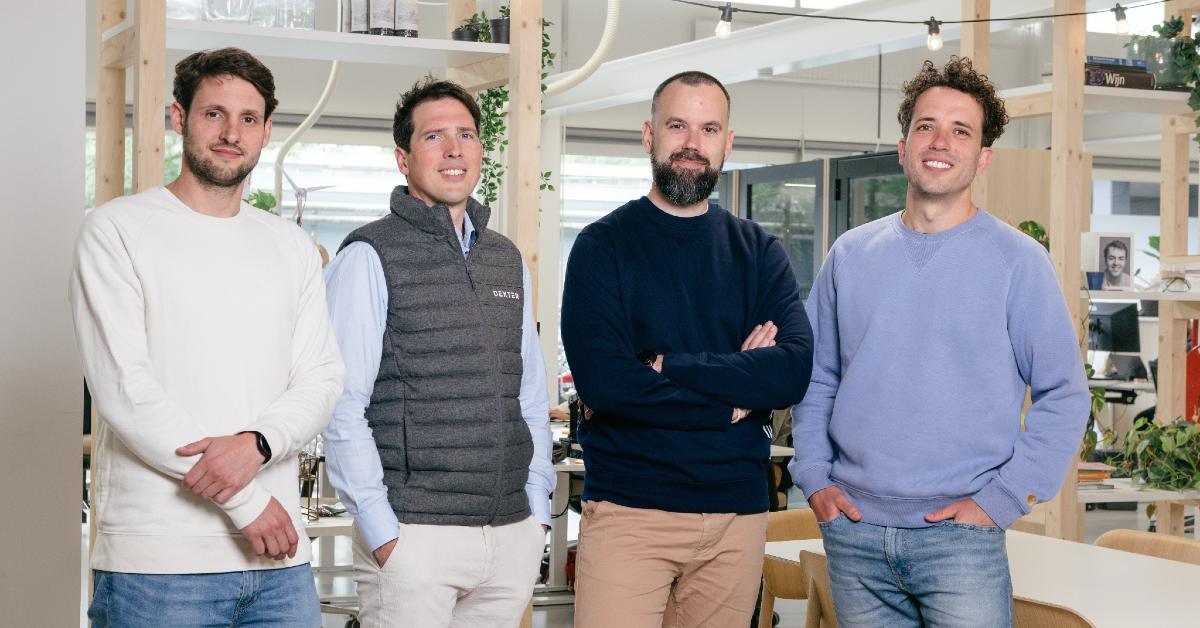
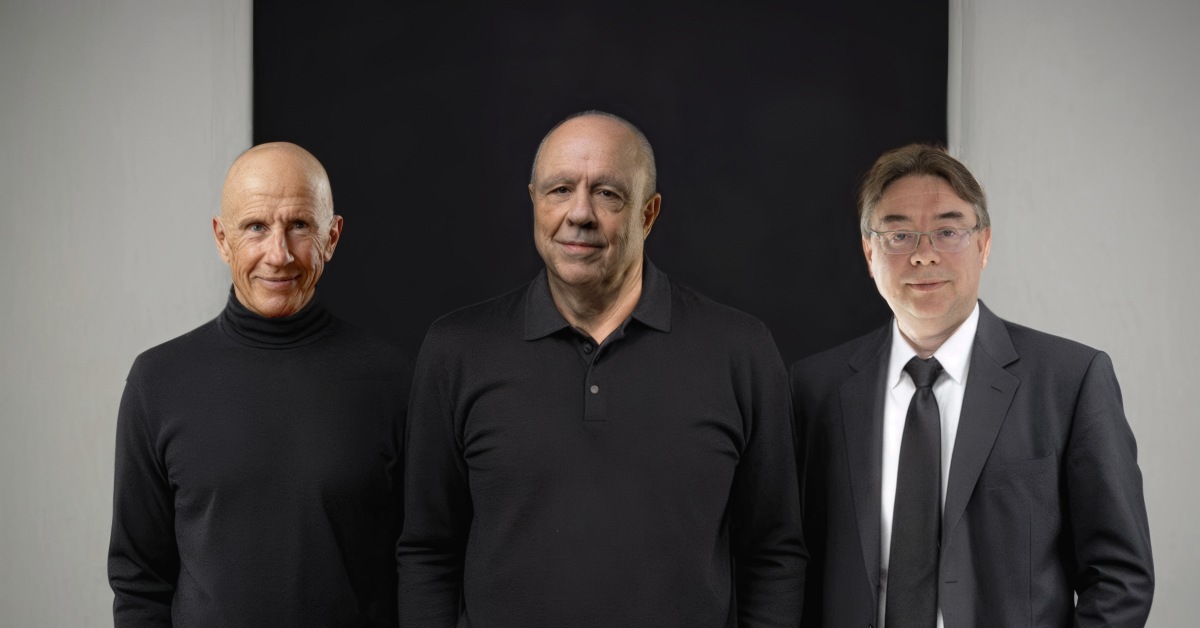

01
From telecom veteran to Dutch Startup Visa success: The Jignesh Dave story